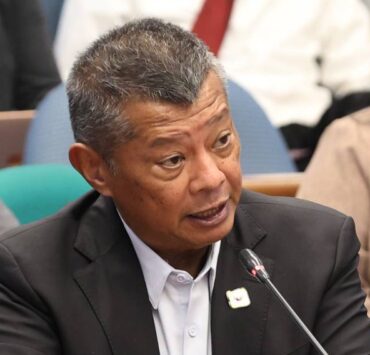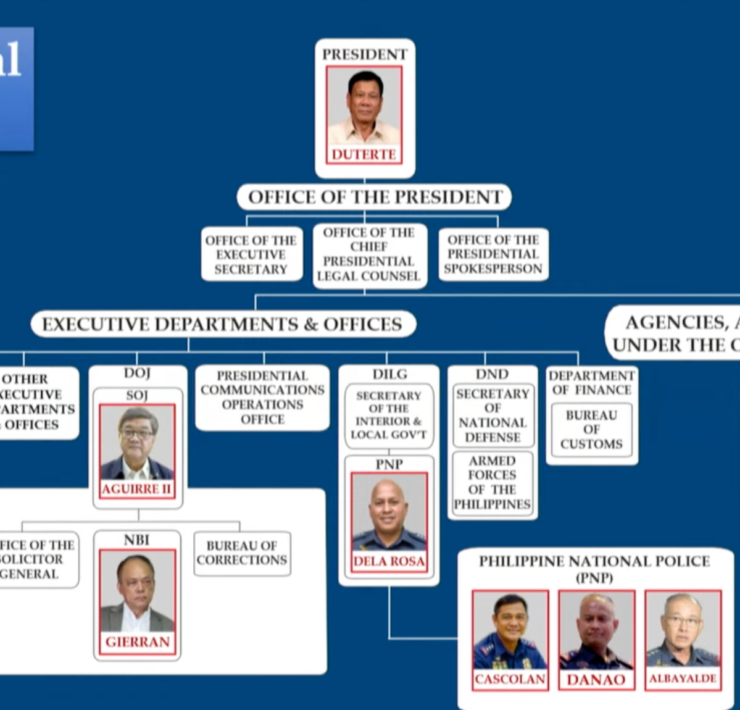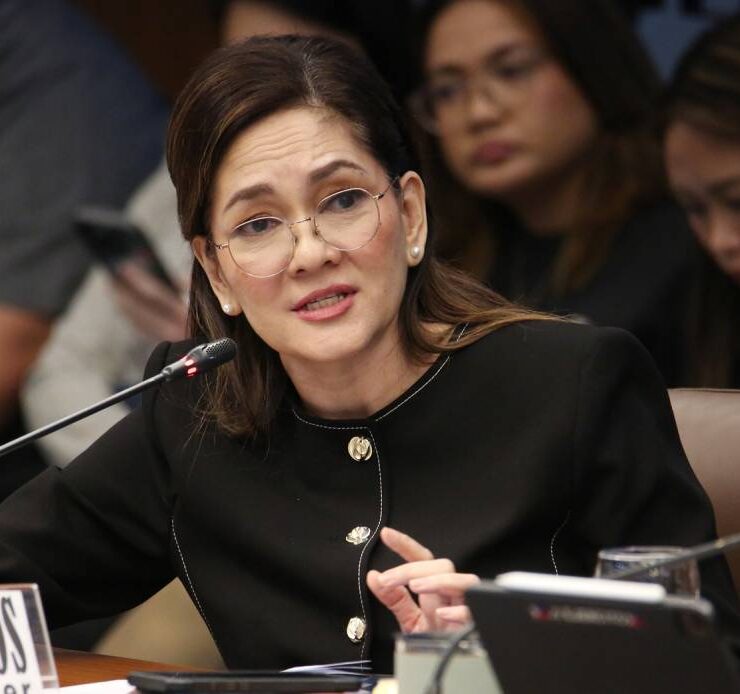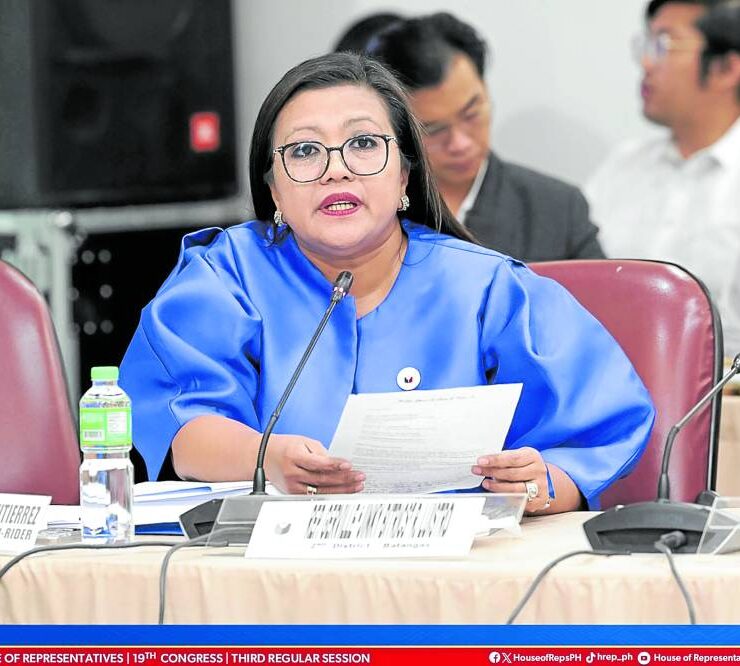Marcos aide: SEC chief quoted fake news on corruption loss
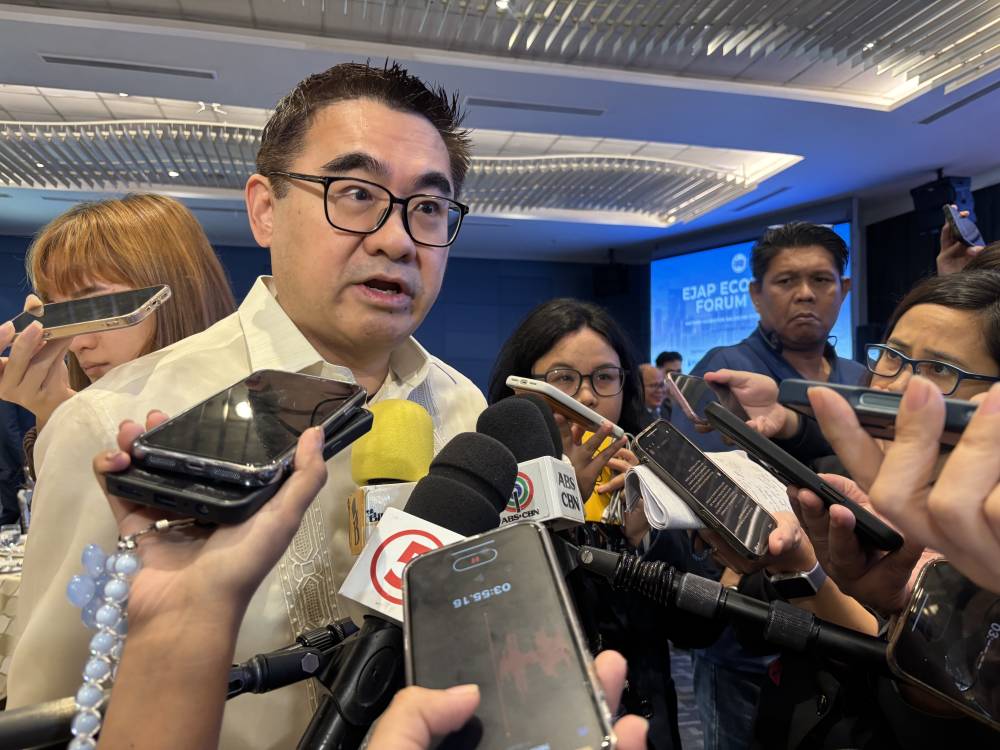
Special Adviser to the President for Investment and Economic Affairs Frederick Go on Thursday debunked the statement of Securities and Exchange Commission (SEC) Chair Francis Lim that P1.7 trillion in stock market value was wiped out in just three weeks due to the flood control scandal, saying the official was “quoting off a confirmed fake news post designed to catch attention and falsely sensationalize.”
During the 57th annual Financial Executives Institute of the Philippines Conference on Oct. 7, Lim claimed that P1.7 trillion in the value of companies listed on the Philippine Stock Exchange (PSE) was erased from Aug. 11 to Aug. 29 amid mounting allegations of corruptions of high-ranking officials in relation to government infrastructure projects.
“Investors aren’t fleeing because of weak fundamentals; they’re fleeing because of weak integrity. It’s a stark reminder that corruption is a weapon of mass wealth destruction… When trust breaks down, capital dries up, and everyone—government, business, and the public—pays the price,” he continued.
Market integrity
However, Go pointed out that the attributed source—S&P—had confirmed that the post being circulated as belonging to it was “fake news.”
“The fact is the drop wasn’t 12 percent. You may confirm this with the (PSE) or your favorite stockbroker,” Go added.
An Inquirer Biz Buzz column on Sept. 5 already verified as bogus the viral post claiming that “Philippines’ Corruption Scandal Triggers P1.7 Trillion Market Meltdown,” supposedly quoting S&P Global Market Intelligence.
S&P itself was quick to disown the post, which cites the ongoing corruption probe (likely over flood control projects) as spooking investors.
S&P is an American provider of financial research and analysis on stocks, bonds, and commodities to clients worldwide.
Its unit, S&P Global Ratings, is considered the biggest of the Big Three international credit-rating agencies, which also include Moody’s Ratings and Fitch Ratings.
In a statement issued late Thursday afternoon, Lim said the P1.7-trillion information, which “had been circulating within business circles and cited by some media outlets, was based on what I believed at the time to be a credible industry report.”
“I have since learned that the report was fictitious. I deeply regret any confusion or concern that my statement may have caused. My sole intent was to underscore the vital importance of integrity in our markets and the devastating impact corruption can have on investor confidence,” he said.
Inaccurate reading
Lim assured the public that the SEC remains firmly committed to promoting transparency, good governance, and investor protection.
“Corruption is indeed a weapon of mass wealth destruction, and it is in this spirit that I appeal to all sectors to unite behind the Marcos administration’s strong campaign against corruption,” he added.
A House lawmaker early on Thursday also called out Lim for making “bombastic statements based on wrong information.”
House infrastructure chair and Bicol Saro Rep. Terry Ridon said Lim must explain the source of his claim “as it does not accurately reflect current and historical conditions of the Philippine capital market.”
Ridon, a lawyer, said market data showed that the decline in the PSE index (PSEi), a benchmark barometer tracking the price movements of 30 frequently traded stocks, began months before the controversy.
On a six-month view (April 10 to Oct. 9), the PSEi had already reached 6,077.82 as early as April 11, 2025, he said.
“Although a short recovery followed, the broader decline began after July 14, or two weeks before President Ferdinand Marcos Jr. exposed the flood control corruption scandal in his State of the Nation Address,” Ridon said.
He said Lim’s statement “appeared even less accurate” when using a one-year view, noting that the index plunged from a high of 7,456.31 in October to 5,822.85 in April,” or a 21.9-percent decline three months before the scandal.
These figures, Ridon said, showed that the ongoing corruption scandal “was a convenient but inaccurate explanation for the market’s weakness and for the broader slowdown in the economy.”
Separately, he told the Inquirer that regardless of the actual and fake data, “the weakening of the stock market is independent of the flood control corruption scandal.”
“It may have compounded it, but it certainly is not the sole reason for the weakening stock market,” Ridon noted. —WITH A REPORT FROM MEG J. ADONIS















